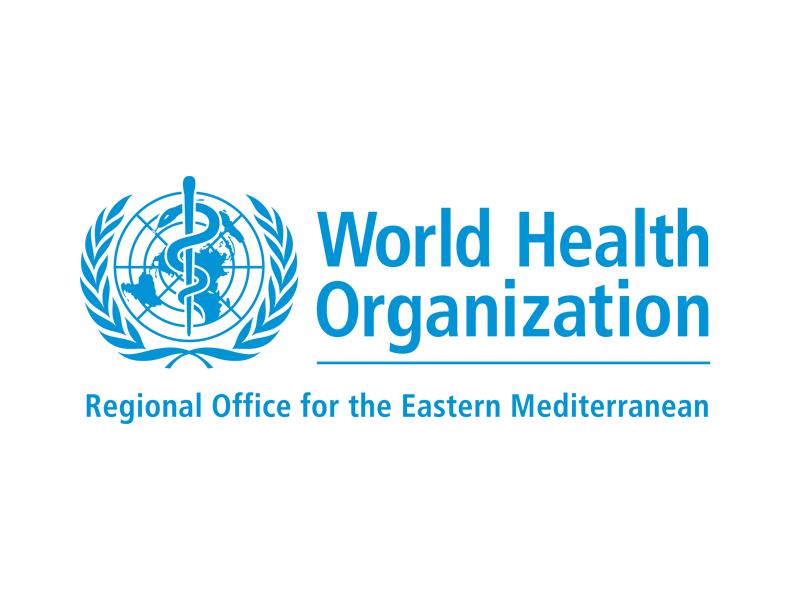
24 March 2024, Cairo, Egypt – Tuberculosis (TB) is still one of the world’s deadliest diseases, although it is both preventable and curable. Today, on World Tuberculosis Day, WHO and partners worldwide unite to renew the commitment to end the global TB pandemic.
Every year, 10 million people globally fall ill with TB. An infectious disease that mainly affects the lungs but can attack any part of the body. Despite being preventable and curable, TB kills 1.5 million people each year – making it the world’s top infectious killer. TB is also the leading cause of death among people living with HIV and a major contributor to antimicrobial resistance globally. In 2022, in our Region, 856 000 people fell ill with TB and 84 000 died of TB. which accounted for 8% and 7% of the global incident cases and deaths.
In order to stop TB infection from progressing to active TB disease, we need preventive treatment
Yet uptake of TB preventive treatment in the WHO Eastern Mediterranean Region is still low. In 2022, only 5% of eligible contacts of TB patients and 8% of people living with HIV received this treatment. This is largely due to lack of awareness among the public and health professionals, inadequate local funding, ongoing conflicts, limited screening, and stigma associated with TB. For these reasons, among others, many people in the Region unnecessarily develop the disease.
Dr Hanan Balkhy, WHO Regional Director for the Eastern Mediterranean, set out the way ahead: “Despite daunting challenges, we are committed to increase and expand TB preventive treatment to cover at least 60% of those who could benefit from it in the Region, aiming to reach 2 million people annually by 2030. This target is ambitious, yet achievable through concerted efforts.”
“I urge governments to intensify national ownership of and commitment to TB prevention,” added Dr Balkhy. “Health providers need to communicate the benefits of TB preventive treatment among all those eligible for it, including child and adult contacts of TB patients, people living with HIV, and other risk groups such as people who are immunocompromised. Community organizations can involve people at the local level to actively participate in TB prevention.
“Through strong partnerships, we will expand the coverage of TB preventive treatment. Donors, partners, the private sector and manufacturers can facilitate equitable and sustainable access to TB preventive treatment, so that no one is left behind.” This is also linked to the Regional Director’s flagship initiative on improving access to affordable medical commodities and securing equitable supply chains.
Notes to editors: Tuberculosis (TB) is an infectious disease caused by Mycobacterium tuberculosis . TB spreads through the air. When infectious people cough, sneeze, talk, spit, laugh or sing, they propel the TB germs (known as bacilli) into the air. Healthy people may become infected if they inhale air that contains the TB bacilli.
Infection with TB generally occurs through close contact over time with someone who has TB disease. Overcrowding at home or at work is an important risk factor for transmission of TB. Only people who are sick with pulmonary TB are infectious.
“Yes! We can end TB!” continues to be the call to action this year, rallying all stakeholders – from governments, donors and civil society to the private sector and manufacturers – to join in battling TB.
World TB Day 2024
Find out more about tuberculosis .
Learn about tuberculosis preventive treatment .
Read the regional tuberculosis action plan 2023–2030










